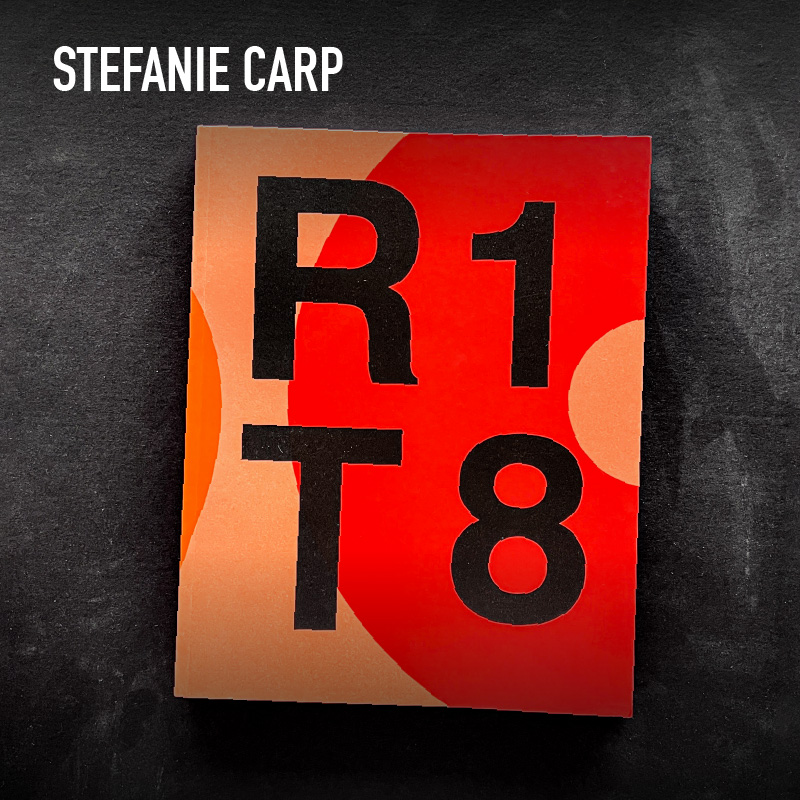Ruhrtriennale 2018-20

Background information on the Triennial
2018 will once again see a change in the artistic direction of the festival. As always, this is associated with the programmatic claim to renewal. Appointed is the dramaturg Stefanie Carp and as Artiste associé director Christoph Marthaler. Stefanie Carp describes the “today” as an “in-between time”. A time that is characterized by millions of migrating people and global distribution and climate wars.
For her program, she invites internationally: artist:inside from the African and South American continent, from Asia, Europe and North America. The staging The Head and The Load by the South African William Kentridge, who deals in his artistic practice with the history of his country, makes the beginning. The production raises questions: Who gets to tell whose story and who gets to be on stage? The world premiere Universe, incomplete of the unfinished Universe Symphony by Charles Ives is a masterpiece from the Marthaler-Viebrock cosmos. Titus Engel conducts the Bochumer Symphoniker in the Jahrhunderthalle in Bochum. This season, many choreographers shape the program: among them the dancer and activist Mamela Nyamza with Black Privilege, the choreographer Serge Aimé Coulibaly with Kirina and Exodos / EΞΟΔΟΣ by Sascha Waltz. Large-scale is also Diamante: This is the name of a workers:inside settlement in the Argentine jungle. The author and director Mariano Pensotti is building a theatrical settlement of the same name in Duisburg’s Kraftzentrale. What used to be the factory settlement in the Ruhr area is the private city of the 21st century. Shelter or surveillance space?
In her first season, Stefanie Carp also triggers widely noticed discussions. Central is the debate about the band Young Fathers and its connection to the BDS movement. In the course of this, the festival invites to the panel discussion “Freedom of the Arts”. It is about the tension between freedom of expression and freedom of art and about personal and social responsibility in the context of German history. Opinions differ widely, and it remains open whether an understanding will be possible.
Source: RUHRTRIENNALE








